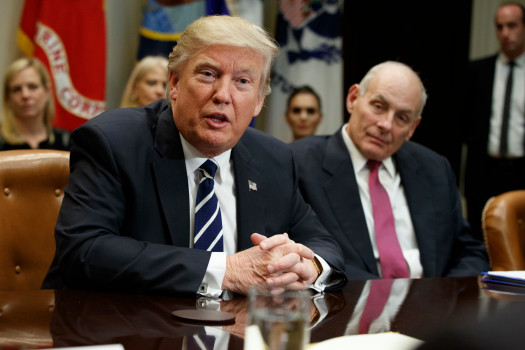17 Mar 2017
Fed’s dovish guidance boosts equity markets
Markets
- Local and global share markets rallied following the US central bank’s rate increase, as their guidance reiterated a slow and measured pace to future rate hikes.
- In local stocks news, Tabcorp has sought approval from the Australian Competition Tribunal (ACT) to go ahead with is $11bn merger with Tatts Group. The competition regulator (ACCC) recently identified some competition concerns (nothing major), but Tabcorp is seeking support from the ACT which considers factors outside of purely competition in making their decisions.
- Commonwealth Bank of Australia has further toughened lending to property investors (maybe just a little too late) by insisting that investors now have at least a 10% cash deposit. This comes after they raised rates last month on interest only housing investor loans.
- Myer reported a lift in first half profit, but a drop in sales revenue shows the toll heavy discounting is having on the department store owner. The company warned that January and February sales were below expectations, and that’s with a backdrop of heavy discounting.
- The Aussie dollar jumped against the US dollar following the US central bank’s decision to raise interest rates. Their comments post the meeting put downward pressure on the US dollar, whilst the Aussie dollar continues to receive some support in light of higher commodity prices.
Economics
- Housing investor lending pushed the number of home loan approvals up in January, in contrast to expectations of a fall. Loans approved for owner-occupied housing fell to a record low, while loans for investment housing are now growing at 28% on the same time last year. RBA and the banking regulator won’t be far off interjecting / interfering, if they aren’t already.
- The mixed underlying conditions in the Australian labour market finally found their way into the official unemployment number with unemployment rising from 5.7% to 5.9%. An estimated 6,400 jobs were lost, the result of a big fall in part-time workers, whilst the number of new full time workers rose strongly.
- The US central bank raised interest rates by 0.25% at their March meeting. The move was fully expected given the continuation of strong economic data. Their comments post the decision caught the market a little off guard (not sure why) as they advocated for a slow and measured pace for interest rate rises going forward.
- Strong US jobs growth in February saw the unemployment rate fall to 4.7%, well below long term averages and now below what economists refer to as full employment (ie. upward wage pressures, thus higher inflation).
Politics
- The Trump administration unveiled the first draft of the discretionary spending portion of the federal budget. Planned expenditure for government departments was slashed, with health, education, and the environment taking the deepest cuts. The beneficiaries are the various defence agencies and departments. No mention of infrastructure spending, which either means it will be very much delayed or there won’t be any (ie. infrastructure boost through tax credits, not actual spending).
- The Dutch elections saw the incumbent party retaining power, with voters rebuffing the far-right populist party who had seen plenty of support leading up to the election. It will be interesting to see what, if any, ramifications for the upcoming French and German elections.
If you would like to discuss any of the information or meet with us, please feel free to call or email us by clicking here.

